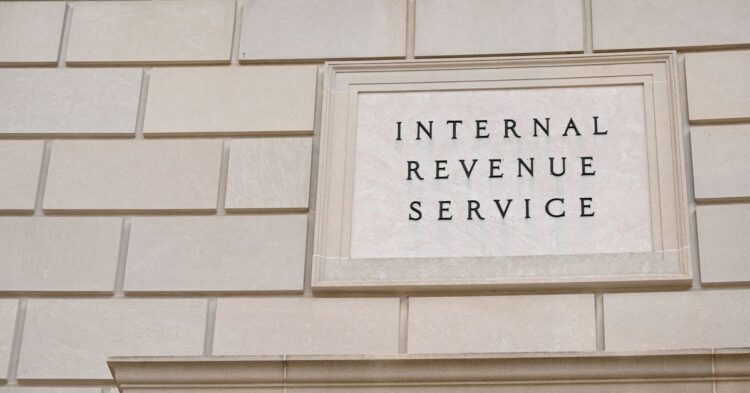The IRS has admitted to disproportionately targeting Black taxpayers with the agency’s audit system, who review tax returns to ensure they are accurate and comply with tax laws.
A Stanford University study last year found that Black taxpayers are audited more often than non-Black taxpayers, an idea that was theorized until May 15, when it was officially confirmed by IRS Commissioner Danny Werfel, Bloomberg reported.
Werfel wrote a letter to Sen. Ron Wyden (D-Ore.), chairman of the Senate Finance Committee, in response to his request for information on the reasons for racial disparities in enforcement. Wyden asked for Werfel’s plan to address the issue within 60 days of his confirmation.
It was Stanford University’s study on tax audit disparities that influenced Wyden’s request, which prompted Werfel to meet with IRS researchers studying the issue.
The IRS has concluded that Black taxpayers were unfairly audited, and Werfel is dedicating resources to ensure that does not happen.
“While there is a need for further research, our initial findings support the conclusion that Black taxpayers may be audited at higher rates than would be expected given their share of the population,” he said. “We are dedicating significant resources to quickly evaluating the extent to which IRS’s exam priorities and automated processes, and the data available to the IRS for use in exam selection, contribute to this disparity.”
According to Werfel, the agency is studying how changes to the way audits are selected, such as focusing more on wider tax issues instead of just the earned income tax credit, could affect audit rates. He promised to keep the Finance Committee informed about the IRS’s progress.
“As this work progresses, additional information will be shared externally regarding the research findings and the appropriate corrective actions IRS will take,” Werfel said. “I will stay laser-focused on this to ensure that we identify and implement changes prior to next tax filing season.”
The Inflation Reduction Act provided the IRS with $80 million last year to modernize its computer systems, enhance customer service, and strengthen its ability to collect taxes. This will help to address the issue of unpaid taxes, which are estimated to be around $600 billion per year, with a significant portion owed by wealthy individuals who do not accurately report their income, NPR reported.
The enforcement does not mean the IRS will target everyday business owners; only those making at least $400 billion over the next decade, said Natasha Sarin, an adviser for tax policy and implementation at the Treasury Department.
On the contrary, the spending will go into researching alternative ways to combat systemic bias in tax compliance strategies, and it will help the IRS provide educational programs to underserved communities on how they can claim various tax credits.
“In summary, we are making broad efforts to advance our commitment to fair and equitable tax administration and evaluating the best ways to address bias within our audit program,” Werfel wrote.















